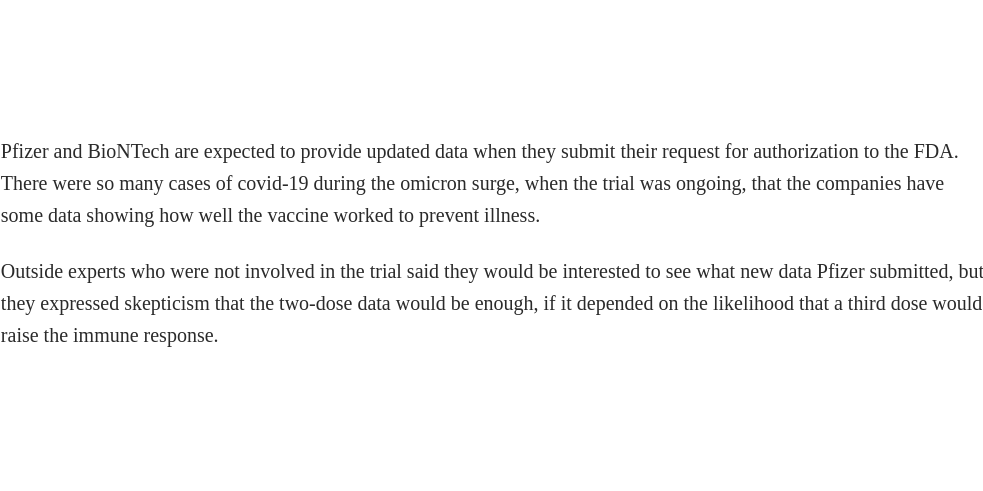
How to get URL link on X (Twitter) App


https://twitter.com/apoorva_nyc/status/1526191168169680898The ONS survey tracks reinfections through surveillance testing among its random sample of participants. Even though the recent Omicron waves, the observed reinfection rate has been 1 per thousand or so days.





 Some are pure-style assertions that "these people are bad, dying is bad, COVID is not over, I am on the other team".
Some are pure-style assertions that "these people are bad, dying is bad, COVID is not over, I am on the other team".

https://twitter.com/jburnmurdoch/status/1488084513829924867Commentators on here spend a lot of time talking about low-stakes controversial policies whose only merit is that they scratch a political itch.


https://twitter.com/beenwrekt/status/1466411435450195970We carried out simple analyses of this data using standard nonparametric paired statistical tests.

https://twitter.com/WesPegden/status/1434889868249812996Apart from the obvious things about translating a finding which was highly context specific (the benefit concentrated in particular ages and in villages using a particular mask type) to a completely different context, one cannot make these estimates ignoring epidemic dyanmics. 2/

https://twitter.com/Jabaluck/status/1433036923610742789Most people's 1st tendency is to claim studies like this support what they already knew. In reality, the study had specific and not necessarily intuitive findings.

https://twitter.com/CDCgov/status/1431314357598789640
 At the time of this writing, the MMWR with data had 74 retweets and the MMWR on that one time this one crazy thing happened had 1.1K retweets, many from serious people claiming that this report affected in some fundamental way our understanding of COVID-19 risk in schools.
At the time of this writing, the MMWR with data had 74 retweets and the MMWR on that one time this one crazy thing happened had 1.1K retweets, many from serious people claiming that this report affected in some fundamental way our understanding of COVID-19 risk in schools.

https://twitter.com/linseymarr/status/1428349438150385670
 The authors of the paper do not even discuss effects of student masking in the body of the paper.
The authors of the paper do not even discuss effects of student masking in the body of the paper.